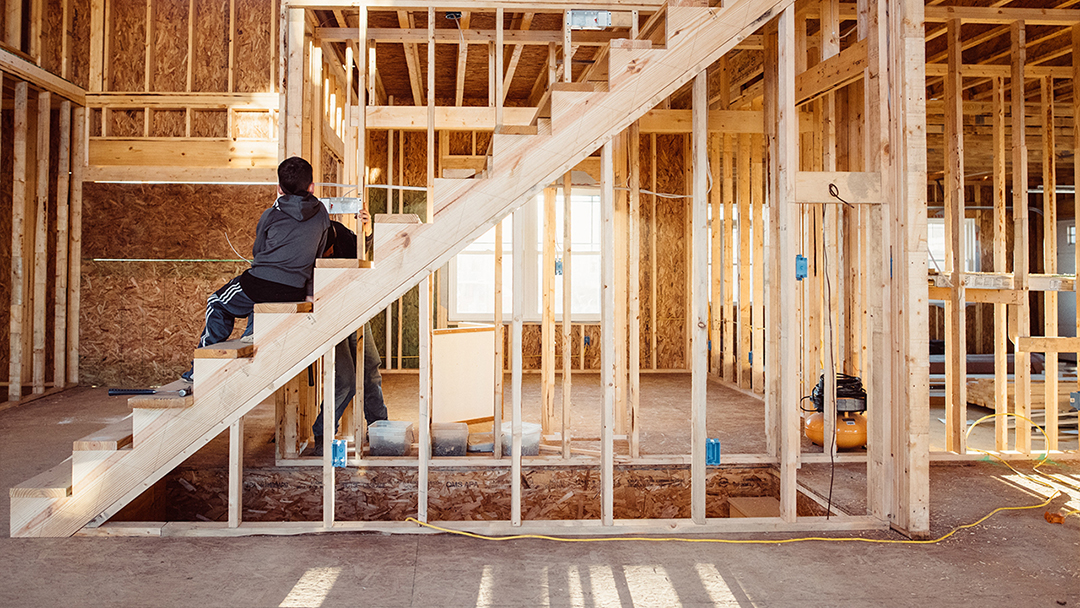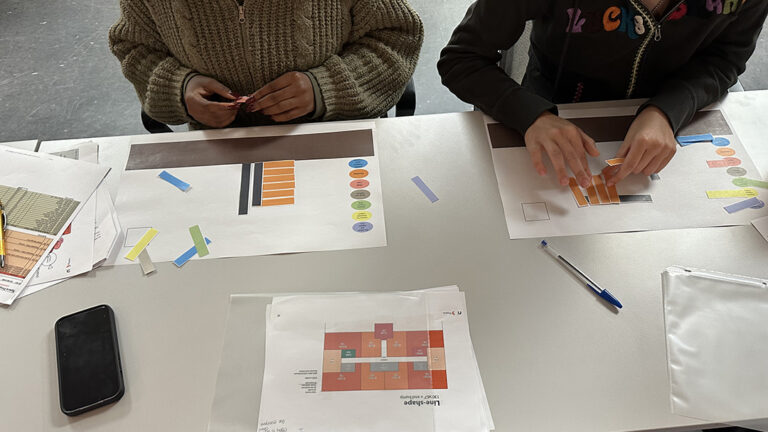The Fonds immobilier de The Fonds immobilier de solidarité FTQ has announced on July 9 an additional investment of $15 million in the Fonds d’acquisition de Montréal (FAM), bringing the fund’s budget for the construction of community housing in Greater Montréal to $25 million. “This contribution is an important step towards creating community housing in Montréal, ” says Stéphan Corriveau, Executive Director at the Centre. “The Centre is even more pleased about this announcement since we are currently experiencing a severe housing crisis in Greater Montréal. ”
Created in 2007, the Fonds d’acquisition de Montréal extends temporary financing to housing co-ops and non-profit organizations (NPO) so they can acquire land or buildings pending long-term funding from the government, for example through the provincial AccèsLogis program. The social economy organization Bâtir son quartier coordinates the development of the projects.
“This additional injection of funds to support the projects of the Fonds d’acquisition de Montréal is all the more relevant during this pandemic and given the shortage of affordable housing in Montréal,” says Normand Bélanger, President and CEO at Fonds immobilier de solidarité FTQ. “It will also encourage social diversity and cohesion and help maintain affordable quality housing in the city.”
For over 20 years, the Fonds immobilier has invested $115 million in social, community and affordable housing projects, resulting in 5,192 units being built or renovated in Montréal. “We’re thankful to be able to count on the support of the Fonds immobilier in carrying out our mission,” says Édith Cyr, Managing Director at Bâtir son quartier. “More than ever, social and community housing is meeting a pressing need. In Montréal alone, there are close to 87,000 modest-income households that spend more than 50 % of their income on rent. This additional capital will give us the agility to quickly seize opportunities in the real estate market.”
The Centre welcomes this important contribution to construct affordable housing in Quebec. As the Recovery for All campaign, launched by the Canadian Alliance to End Homelessness, suggests there are different solutions available to the federal government to end homelessness in Canada by 2030. COVID-19 adds urgency to this objective if we want to prevent those temporarily housed from being returned into an emergency shelter system, perpetuating chronic homelessness. The combination of housing benefits and the acquisition would allow for a rapid start to efforts to end homelessness.



